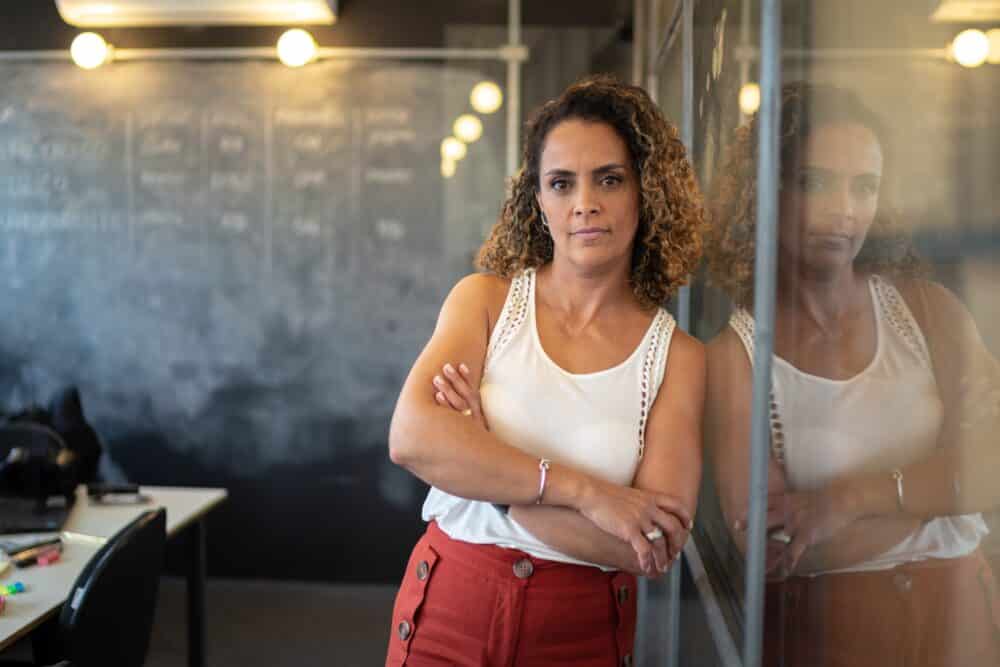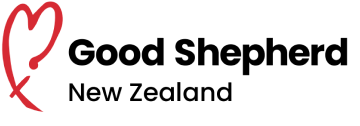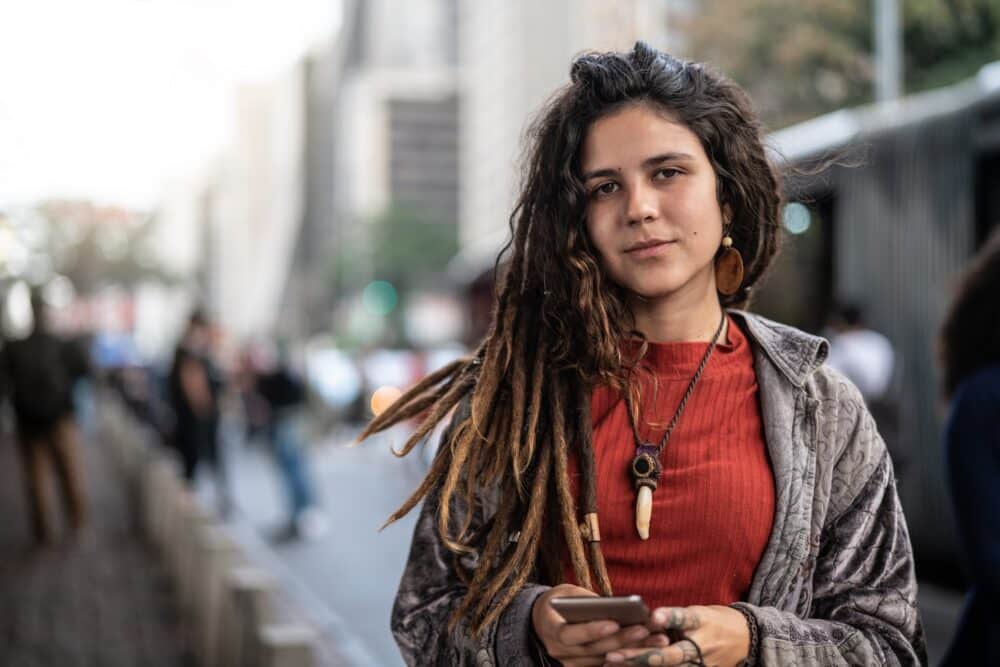New report on issues facing women experiencing harm and hardship

Today we are excited to release our report “Issues facing women experiencing harm and hardship” which focuses on the key financial and economic challenges that women are facing. This paper pulls together research and data from several sources and serves as a point in time view of how different factors come together to disadvantage women in New Zealand.
The paper shows that, while there is important work being done by the community, philanthropic and government sectors, there is still significant need for change. Women continue to face worse financial outcomes and remain vulnerable to harm and hardship.
On-going pay equity disparities mean women still struggle to access dignified income, which impacts their financial wellbeing and leaves them vulnerable to harm. It is also apparent that problem debt remains a pervasive issue for those in hardship and especially for those experiencing family violence economic abuse.
These challenges are harder for certain cohorts of women. In particular, Māori and Pacific women are overrepresented in family violence, housing deprivation, and gender pay gap statistics. The proportion of women on the sole parent benefit, difficulty re-entering the labour market, and the high value of unpaid child support debt shows that single mothers are also a cohort in need.
This reaffirms that women’s financial lives are not the product of discrete factors, there are many structural, systematic, and demographic issues that interact to impact whether a woman experiences hardship or harm. Complex challenges require complex solutions. We have undertaken this research as part of our work to identify and address social issues where they intersect with our financial and economic wellbeing work. This information will be used to support or identify changes that reduce and remove barriers to financial inclusion and economic participation for women. Going forward, we intend to deep-dive into some of the issues noted in this paper and present recommendations for changes that create better outcomes for women.


